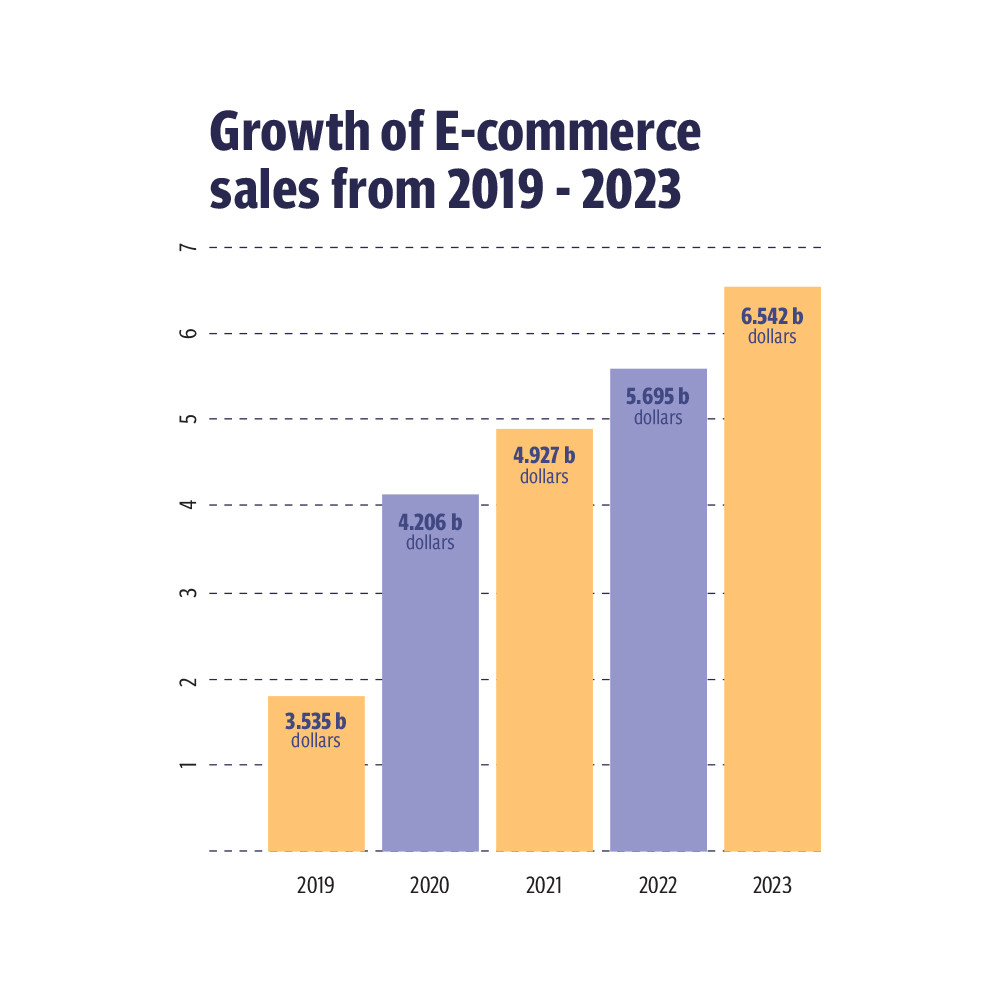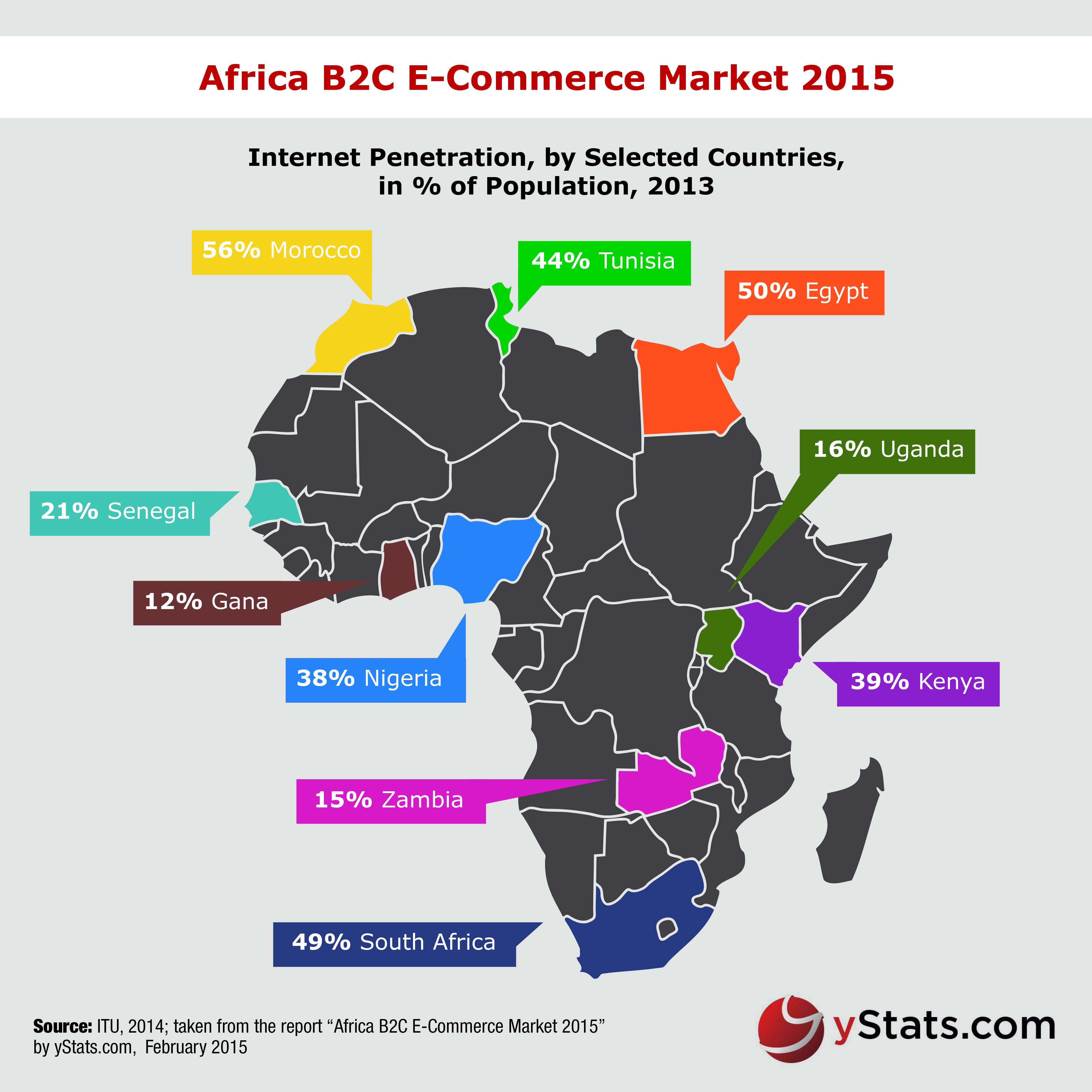The Rise of E-Commerce in Uganda: A Comprehensive Exploration
Related Articles: The Rise of E-Commerce in Uganda: A Comprehensive Exploration
Introduction
With great pleasure, we will explore the intriguing topic related to The Rise of E-Commerce in Uganda: A Comprehensive Exploration. Let’s weave interesting information and offer fresh perspectives to the readers.
Table of Content
The Rise of E-Commerce in Uganda: A Comprehensive Exploration

The Ugandan e-commerce landscape has undergone a remarkable transformation in recent years, mirroring a global trend towards digitalization. Online stores, once a novelty, have become a cornerstone of the retail industry, offering convenience, accessibility, and a vast selection of goods and services to consumers across the country. This article delves into the burgeoning e-commerce sector in Uganda, exploring its evolution, key players, benefits, challenges, and future prospects.
Evolution of Online Stores in Uganda:
The advent of the internet in Uganda during the late 1990s laid the foundation for e-commerce, but its initial growth was slow. Limited internet penetration, a lack of reliable payment gateways, and a general preference for traditional shopping methods hindered widespread adoption. However, the early 2000s saw a gradual shift, with the emergence of websites offering basic online services and the introduction of mobile money platforms like MTN Mobile Money, providing a more accessible payment solution.
The turning point came with the widespread adoption of smartphones and the increasing availability of affordable internet access. This led to a surge in online shopping, particularly among younger demographics. Social media platforms also played a crucial role, enabling businesses to reach wider audiences and promote their online stores.
Key Players and Market Landscape:
The Ugandan e-commerce scene is characterized by a diverse range of players, from established retailers expanding their online presence to innovative startups specializing in niche markets. Some prominent players include:
- Jumia Uganda: A leading pan-African e-commerce platform offering a wide selection of products, including electronics, fashion, home goods, and groceries.
- Kilimall: An online marketplace connecting buyers and sellers, featuring a broad range of products from local and international vendors.
- Safeboda: A popular ride-hailing service that has expanded into e-commerce, offering grocery delivery and other services.
- Ugandan online stores: Numerous local businesses have established their own online stores, catering to specific needs and preferences within the Ugandan market.
Benefits of Online Stores in Uganda:
The rise of online stores in Uganda has brought significant benefits to both consumers and businesses:
- Convenience and Accessibility: Online stores offer a convenient shopping experience, eliminating the need for physical travel and allowing customers to browse and purchase products from the comfort of their homes or offices. This is particularly beneficial in a country with limited access to shopping centers, especially in rural areas.
- Wider Selection and Competitive Pricing: Online stores provide access to a vast array of products from local and international vendors, offering consumers more choices and competitive pricing. This fosters healthy competition and encourages businesses to offer better deals to attract customers.
- Enhanced Customer Experience: Online stores offer personalized shopping experiences, with features like product recommendations, detailed product descriptions, and customer reviews. This allows customers to make informed purchase decisions and enhances their overall shopping experience.
- Growth Opportunities for Businesses: Online stores provide businesses with a platform to expand their reach, target new customer segments, and increase their sales potential. They also offer opportunities for businesses to streamline operations, reduce overhead costs, and improve efficiency.
- Job Creation and Economic Growth: The growth of the e-commerce sector has led to the creation of new jobs in areas such as logistics, customer service, and digital marketing. This contributes to economic growth and diversification in Uganda.
Challenges Facing Online Stores in Uganda:
Despite the significant progress made, online stores in Uganda face several challenges:
- Limited Internet Penetration: While internet access is increasing, it remains limited in certain regions, particularly in rural areas. This hinders the potential reach of online stores and limits the number of potential customers.
- Payment Gateway Challenges: Although mobile money platforms have improved payment options, some consumers still prefer cash transactions. The lack of a comprehensive and secure online payment system can be a barrier to online shopping.
- Logistics and Delivery Issues: Reliable delivery networks are crucial for online stores, but challenges remain in terms of infrastructure, traffic congestion, and security. This can lead to delays and difficulties in delivering products to customers, especially in remote areas.
- Trust and Security Concerns: Some consumers are hesitant to make online purchases due to concerns about data security, fraud, and the authenticity of products. Building trust and ensuring secure transactions are essential for the growth of e-commerce in Uganda.
- Competition from Traditional Retailers: Online stores face competition from established traditional retailers, who are increasingly adapting to the digital age and offering their own online platforms. This requires online stores to be innovative and competitive to maintain their market share.
FAQs about Online Stores in Uganda:
1. Is it safe to shop online in Uganda?
While security concerns exist, reputable online stores in Uganda implement measures to protect customer data and ensure secure transactions. These measures include secure payment gateways, encryption protocols, and fraud detection systems. However, it is still crucial for consumers to exercise caution and choose reputable stores with established security protocols.
2. How do I pay for online purchases in Uganda?
Mobile money platforms like MTN Mobile Money and Airtel Money are widely accepted for online payments in Uganda. Other options include credit/debit cards, bank transfers, and payment on delivery (COD). The available payment methods vary depending on the specific online store.
3. What are the delivery options for online purchases in Uganda?
Delivery options depend on the online store and the location of the customer. Some stores offer their own delivery services, while others partner with logistics companies. Delivery times can vary, but most stores offer options for standard delivery, express delivery, and same-day delivery in certain areas.
4. What are the return and refund policies for online stores in Uganda?
Return and refund policies vary depending on the online store. Most stores offer a return window of 7-14 days for unused and undamaged products, subject to certain conditions. Customers should carefully review the return policy of each store before making a purchase.
5. What are the advantages of shopping online in Uganda?
Shopping online in Uganda offers several advantages, including convenience, accessibility, wider product selection, competitive pricing, personalized shopping experiences, and the potential for exclusive deals and promotions.
Tips for Shopping Online in Uganda:
- Choose reputable stores: Look for online stores with positive customer reviews, established websites, and secure payment gateways.
- Compare prices and products: Take advantage of the wide selection offered by online stores to compare prices and features before making a purchase.
- Read product descriptions and reviews: Pay attention to product descriptions and customer reviews to ensure the product meets your needs and expectations.
- Be aware of shipping costs: Factor in shipping costs when comparing prices, as these can vary significantly depending on the location and the delivery method.
- Use strong passwords and secure payment methods: Protect your personal information by using strong passwords and secure payment methods, such as mobile money platforms.
- Keep track of your orders: Monitor the status of your orders and contact the store if you encounter any issues with delivery or returns.
Conclusion:
The e-commerce sector in Uganda is rapidly evolving, offering exciting opportunities for both consumers and businesses. While challenges remain, the growth of online stores is driven by the increasing adoption of technology, the demand for convenience, and the desire for wider product choices. By addressing the challenges and embracing innovation, the e-commerce sector in Uganda has the potential to become a major driver of economic growth and development, empowering consumers and businesses alike.







Closure
Thus, we hope this article has provided valuable insights into The Rise of E-Commerce in Uganda: A Comprehensive Exploration. We hope you find this article informative and beneficial. See you in our next article!